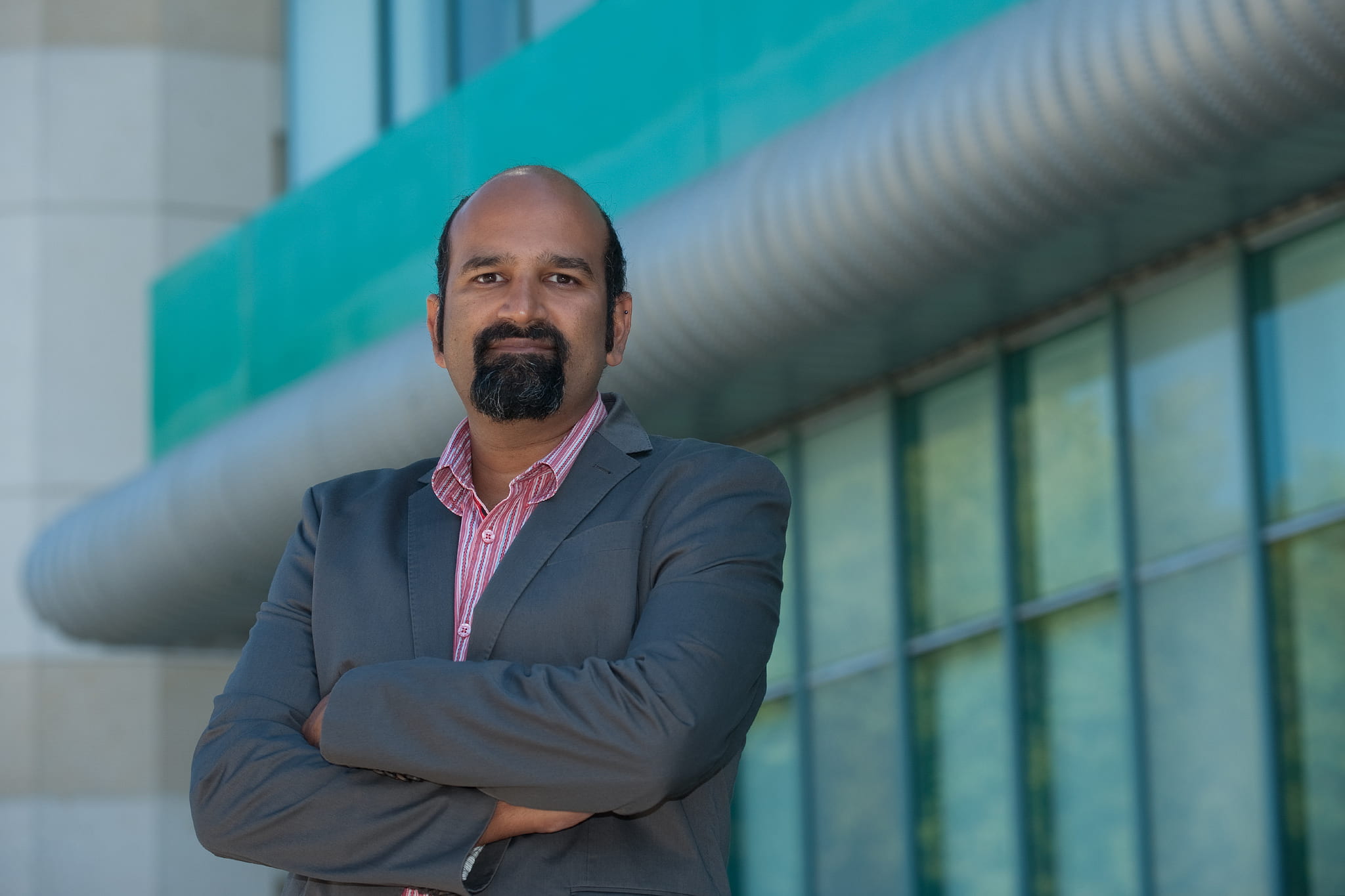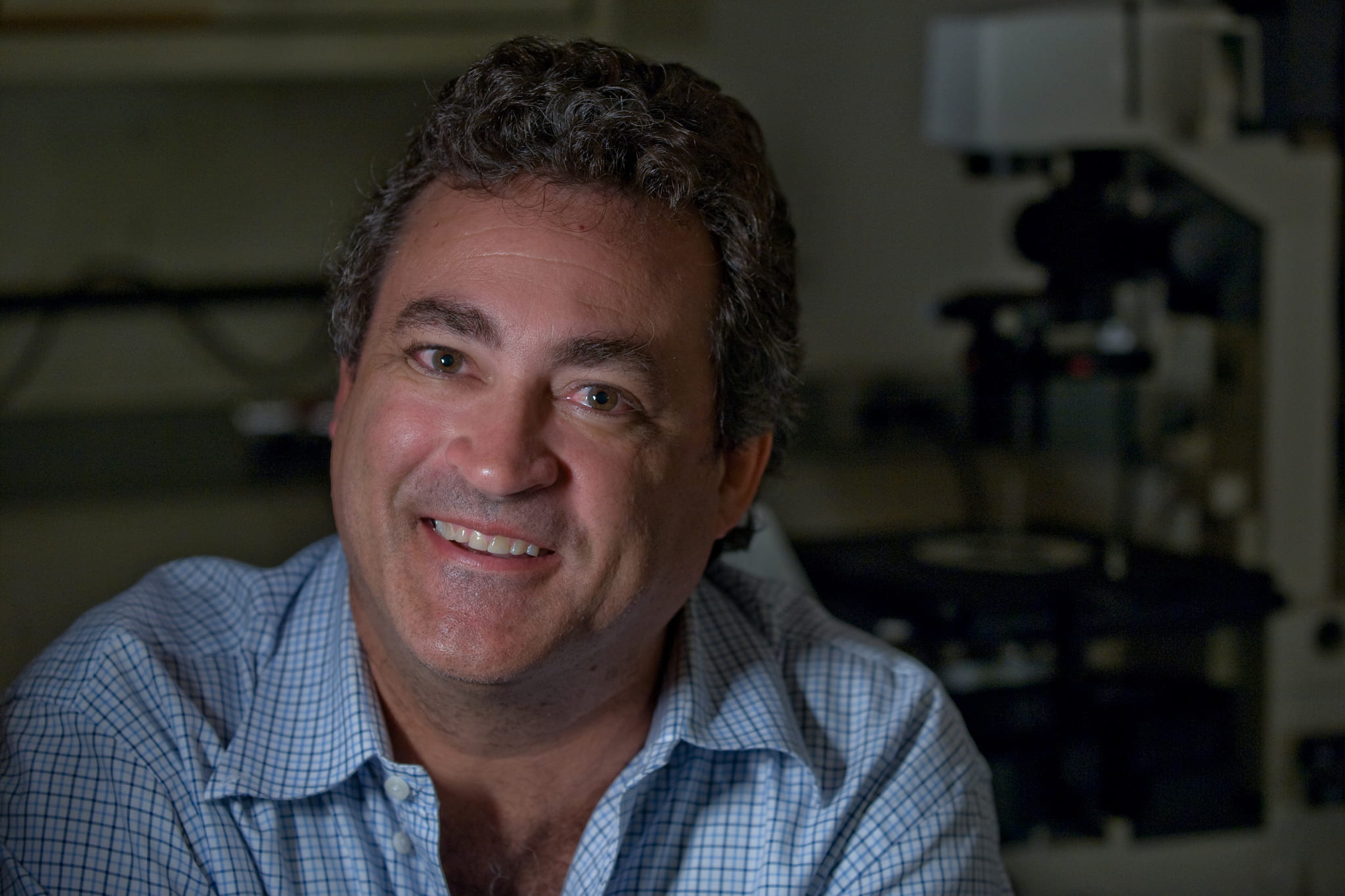UCI neurobiologists restore youthful vigor to adult brains
They say you can’t teach an old dog new tricks. The same can be said of the adult brain. Its connections are hard to change, while in children, novel experiences rapidly mold new connections during critical periods of brain development.





